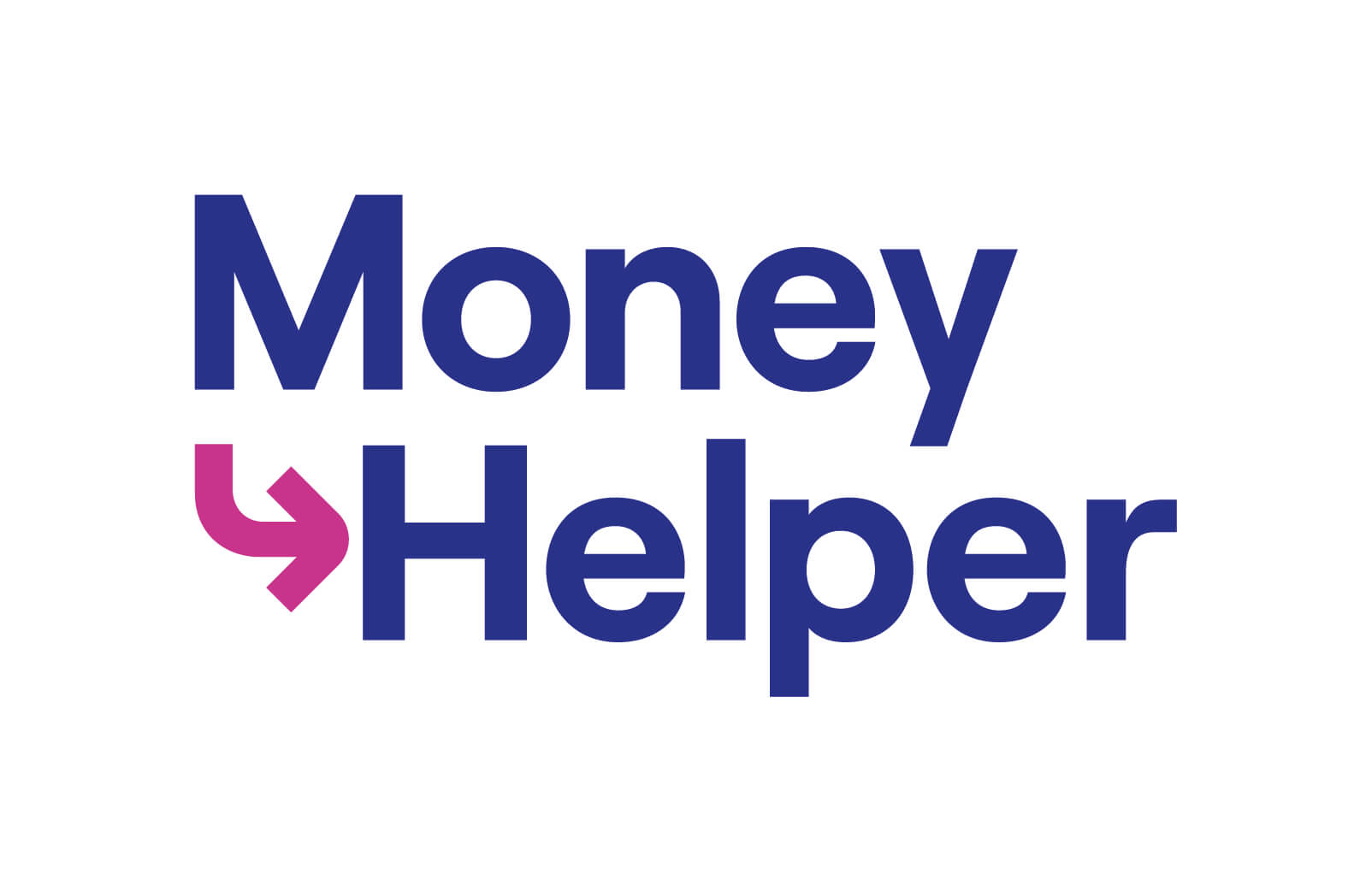Debt Arrangement Scheme (DAS) in Scotland
If you’re struggling to keep up with debt repayments but want to avoid more drastic solutions like bankruptcy or a Trust Deed, the Debt Arrangement Scheme (DAS) might be an option for you. DAS is a formal Scottish debt solution that allows you to repay your debts over time through a Debt Payment Programme (DPP), without losing any assets or having your debts written off.
DAS offers legal protection from your creditors while you pay back your debts at a pace you can afford, and it ensures that interest and charges on your debts are frozen.
What is the Debt Arrangement Scheme (DAS)?
The Debt Arrangement Scheme (DAS) is a government-run program that helps people repay their debts in full over time through a Debt Payment Programme (DPP). With DAS, your debts are repaid through affordable monthly payments, and during this time, creditors can’t take legal action against you. Interest and fees on your debts are also frozen, meaning your debts won’t grow while you’re repaying them.
Unlike other debt solutions like a Trust Deed or bankruptcy, DAS allows you to pay off your debts in full without writing any of them off, and it protects your home and other valuable assets.

To find out more about managing your money and getting free advice, visit Money Helper, an independent service set up to help people manage their money.
Who Can Use DAS?
You may qualify for DAS if:
- You live in Scotland.
- You are struggling to make your debt repayments but have a steady income that allows you to make regular, reduced payments.
- You owe more than one creditor.
- You want to repay your debts in full over time but need more manageable payment terms.
DAS is suitable for people who want to protect their assets, avoid insolvency, and repay their debts without losing control of their finances.
How Does DAS Work?
Here’s how DAS works:
- Debt Payment Programme (DPP): You set up a DPP through an approved DAS money adviser, who will assess your income, expenses, and debts to work out what you can afford to pay each month.
- Creditor Proposal: Your creditors will be asked to agree to the proposed payment plan. If most of them agree, the DPP becomes legally binding on all your creditors. Even if some creditors object, the DPP can still be approved if it’s deemed fair.
- Interest and Charges Frozen: Once your DPP is approved, interest and fees on your debts are frozen, and creditors cannot add further charges.
- Affordable Monthly Payments: You’ll make one affordable monthly payment, which is distributed to your creditors through the DPP.
- Full Debt Repayment: You’ll repay your debts in full over the agreed time, which can be extended if needed.
What Debts Can Be Included in DAS?
The DAS covers unsecured debts such as:
- Credit cards
- Personal loans
- Store cards
- Overdrafts
Secured debts, like mortgages, cannot be included in a DAS, but you can still continue paying them separately.
Advantages of DAS
- Full Debt Repayment: You repay your debts in full over time, avoiding debt write-offs and the stigma of bankruptcy or other insolvency solutions.
- Legal Protection from Creditors: Once your DPP is in place, creditors can’t take any legal action against you, like trying to repossess your home.
- Interest and Charges Frozen: Interest and fees on your debts are frozen, so they won’t increase while you’re in the DAS.
- Asset Protection: Your assets, such as your home or car, are not at risk, and you can continue paying secured debts like your mortgage.
- Flexibility: If your financial situation changes, you can ask for your DPP to be adjusted to reflect your new circumstances.
Disadvantages of DAS
- Longer Repayment Period: Because you’re paying reduced monthly amounts, it could take longer to repay your debts than if you were making full payments.
- Credit Rating Impact: A DAS will affect your credit rating, and it will stay on your credit report for six years after your DPP is completed, making it harder to borrow in the future.
- No Debt Write Off: Unlike a Trust Deed or bankruptcy, you won’t have any of your debts written off. You’re committing to repay them in full, which may not be suitable for those with very high levels of debt or those seeking a fresh financial start.
Is DAS Right for You?
DAS might be a good solution if:
- You want to avoid insolvency and repay your debts in full.
- You want to protect your home and other assets.
- You need help managing your debts but have a stable income to make reduced payments.
- You prefer a debt solution that offers legal protection and freezes interest and charges.
However, if you are unable to repay your debts in full or need some of your debt written off, other solutions like a Protected Trust Deed or Sequestration (Bankruptcy) might be more suitable.
Other Debt Solutions
Other debt solutions in Scotland include:
- Protected Trust Deed: A formal debt solution that lets you repay a portion of your debts over four years, with the remaining debt written off.
- Sequestration (Bankruptcy): A formal insolvency process for those unable to repay their debts, where most debts are written off after selling assets.
- Minimal Asset Process (MAP) Bankruptcy: A cheaper form of bankruptcy for people with low income and few assets.
Get Professional Advice
Before starting a DAS, it’s important to speak with an approved DAS money adviser or debt adviser who can assess your situation and help you decide if DAS is the best solution for your needs. Always ensure that your adviser is authorized by the Financial Conduct Authority (FCA) to ensure you receive appropriate, regulated advice.
